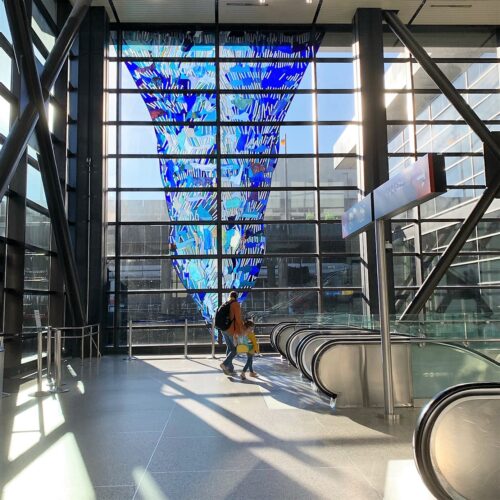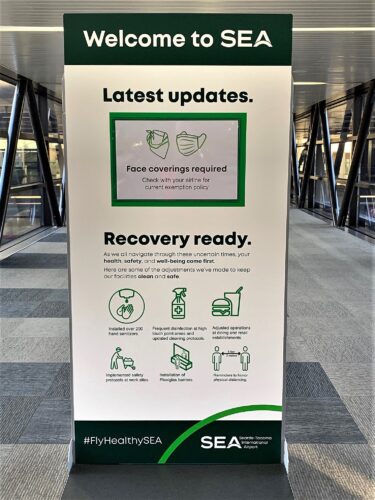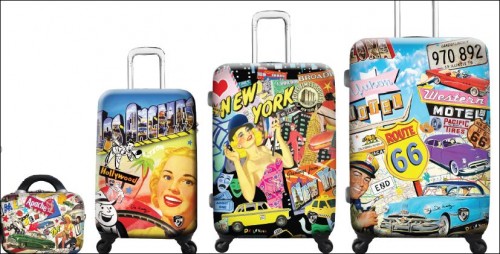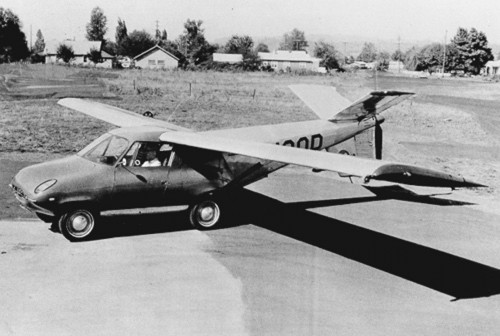
Note: I was compensated by National Car Rental for this post. All thoughts and opinions are my own.
As the holidays approach and COVID-19 concerns continue to guide every step we take outside our homes, many households are discussing, debating, and strategizing how they might take a business or leisure trip safely.
Airlines are detailing their cleaning protocols and celebrating a recent study that found the risk of exposure to COVID-19 during air travel is low. Conversely, a recent study noted that consumers deemed car rentals to be the safest mode of transportation during the COVID-19 pandemic.
To build on these studies and further reassure travelers that there’s no need to rush out on the road airlines, hotels and car rental companies are extending expiration dates on loyalty program benefits for those who must or choose to stay home. National Car Rental, for example, is extending its Emerald Club Program Free Days, previously expiring December 31, 2020, a full year, to December 31, 2021. And was the first car rental company to do so.
“Extending Emerald Club Program Free Days a full year will provide [members] with more opportunity to use the rewards that they’ve earned,” said Randal Narike, Executive Vice President, Global Mobility and Customer Experience at Enterprise Holdings. “We hope that this allows them the flexibility to rent a vehicle down the road for that much-anticipated business or leisure trip when they are comfortable and able.”
The Emerald Club is also rolling over any qualifying rentals and rental days above those needed to get the member to the next tier, giving the member a balance into the following year. Not an Emerald Club Member? You can sign up for free.
In many communities, car rental bookings are getting a boost now and into the holidays from both car owners and non-car owners who do not feel safe or comfortable using public transportation right now to travel to and from an airport. And many people feel safer being in a car by themselves now too for day trips, road trips and business travel.
The cleanliness promises and procedures car rental companies now offer make renting a car an appealing option. Staff has had time to be trained in the new systems and the programs have been road-tested.

In preparation for my holiday road trip, I took a close look at National Car Rental’s Complete Clean Pledge, which promises that each car is washed, vacuumed and sanitized according to CDC guidelines. The system lists 20 high-touch key area that are cleaned both inside and outside of cars.
The touch points listed for cleaning caught my attention.
Some I expected. Some I had not considered or been previously concerned about, but find myself pleased to see on the list.
And some made me rush down to the garage to do a good wipe down on parts of my own car.
Here is the list:
- Key/key fob
- Steering wheel
- Steering column
- Seat belts
- Center console
- Door interiors
- Door pockets
- Door handles (interior and exterior)
- Seat pockets and seat surfaces
- Cupholders and cup holder compartments
- Areas between seats, consoles and the seats and door
- Instrument panel
- Accessory panel and touch screen
- Rear view mirror and side mirrors
- Visors/visor mirrors
- Dashboard and vents
- Gear stick
- Trunk release
Click here to learn more about National Car Rental’s Complete Clean Pledge. If you’re interested in becoming an Emerald Club member, you can learn more here.

